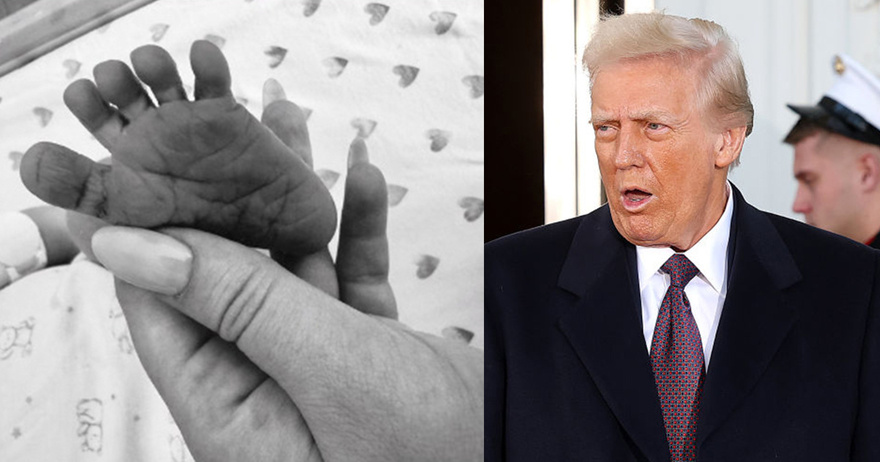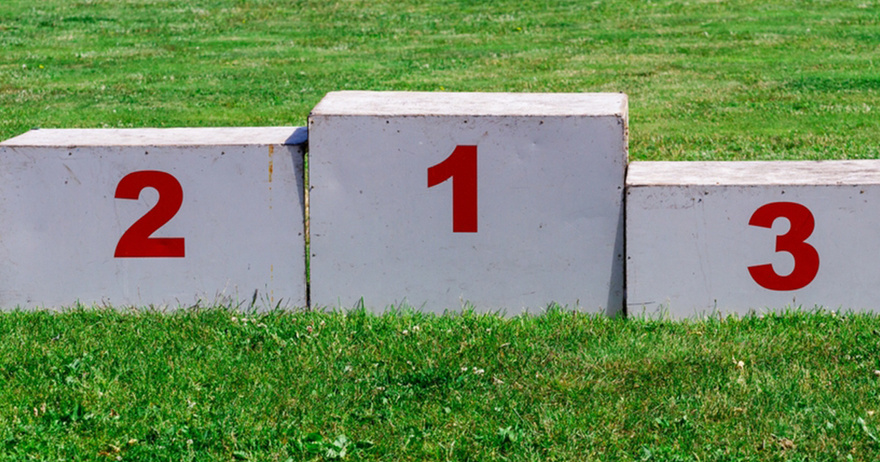When it comes to losing weight, many of us often think that drastic measures are required—like fad diets or extreme workout routines. However, what we may overlook is the role that habits play in our everyday lives. Habits are automatic behaviors that the brain has hardwired into us. These routines can either help us achieve our goals or sabotage them, depending on what they are.

Focusing More on Exercise Than on Food
One of the most common mistakes people make when trying to lose weight is overemphasizing the importance of exercise while underestimating the impact of their diet. While exercise is undeniably beneficial for overall health, it plays a smaller role in weight loss than many people believe.
- The Misconception: People often overestimate how many calories they burn during a workout and then “reward” themselves by eating more, thinking they’ve earned it. For example, a 30-minute run burns approximately 300 calories for someone weighing 155 pounds. To lose 1 pound of fat, you need a deficit of 3,500 calories, which means you would need to run for about 1 hour every day for a week—assuming your diet stays the same. That’s a time-consuming and difficult approach to weight loss.
- Why Diet Matters More: Your basal metabolic rate (BMR)—the number of calories your body burns at rest to keep essential functions like your heartbeat and breathing going—accounts for the majority of calories burned each day. Exercise accounts for a much smaller percentage. To lose weight, adjusting your diet is more effective because it’s easier to control what you eat than to burn off excess calories through exercise.
How to Change This Habit: Instead of focusing solely on burning calories through exercise, shift your attention to eating a balanced diet rich in whole foods like lean proteins, vegetables, fruits, and whole grains. Combining moderate exercise with a healthy diet will give you better and more sustainable results.
Eating Too Little
The “calories in, calories out” mantra is often oversimplified, leading many people to think that drastically cutting calories will help them lose weight faster. While creating a calorie deficit is necessary for weight loss, eating too little can actually hinder your progress.
- The Downside of Eating Too Little: When you drastically reduce your caloric intake, your metabolism can slow down as your body tries to conserve energy. This response, known as “starvation mode,” is a survival mechanism that kicks in when your body doesn’t get enough fuel for basic functions. This can lead to overeating later in the day or week, as your body tries to compensate for the calorie restriction.
- Impact on Hunger Hormones: Skimping on meals also disrupts hunger hormones like ghrelin, which tells your brain when you’re hungry, and leptin, which tells you when you’re full. When these hormones are out of balance, you’re more likely to experience strong cravings and feelings of deprivation, leading to overeating.
How to Change This Habit: To keep your metabolism working efficiently, aim to eat balanced meals that include protein, fiber, and healthy fats. These nutrients help you stay full longer and provide the energy your body needs to function properly. Instead of focusing on eating less, prioritize eating nutrient-dense foods that satisfy hunger and support weight loss.

Sacrificing Sleep for Exercise
Many people trying to lose weight believe they need to squeeze in workouts, even if it means sacrificing sleep. However, sleep is one of the most important factors when it comes to weight loss, and cutting back on it can undermine your efforts.
- The Importance of Sleep for Weight Loss: Lack of sleep has been shown to disrupt hunger hormones like ghrelin and leptin, increasing your appetite and cravings for high-calorie foods. When you’re sleep-deprived, your body produces more ghrelin (the hormone that signals hunger) and less leptin (the hormone that signals fullness), making it much harder to control your appetite.
- Inflammation and Stress: Insufficient sleep can also put your body in a state of stress and inflammation, which increases levels of cortisol, a hormone that promotes fat storage—especially around the belly. Sleep is essential for recovery, hormone regulation, and maintaining a healthy metabolism.
How to Change This Habit: If you find yourself staying up late and waking up early to fit in a workout, reconsider your priorities. Aim for at least 7 to 9 hours of sleep each night to support your weight loss goals. If you’re tight on time, opt for shorter but more effective workouts like high-intensity interval training (HIIT) that don’t require sacrificing sleep.
Eating Mindlessly Snacks
Snacking can be a healthy part of your diet, but mindless snacking can easily lead to consuming more calories than you realize, sabotaging your weight loss efforts.
- The Problem with Mindless Snacking: Many of us snack while watching TV, scrolling through our phones, or working, which makes it easy to lose track of how much we’re eating. For example, 12 potato chips have around 130 calories, but if you’re not paying attention, it’s easy to eat 48 chips (520 calories) without even noticing. That’s nearly the amount of calories you need to cut each day to lose 1 pound in a week!
- Lack of Nutritional Value: Mindless snacks often involve foods high in empty calories—sugary, salty, or processed foods that provide little nutritional value but pack a calorie punch.
How to Change This Habit: Practice mindful eating by pausing before you snack and asking yourself if you’re truly hungry, or if you’re eating out of boredom or stress. If you are genuinely hungry, choose a snack that is rich in protein or fiber, such as nuts, seeds, or a piece of fruit, which will satisfy your hunger without overloading on calories. If you’re craving something specific, like chocolate, opt for a small piece of dark chocolate instead of mindlessly indulging in a larger, high-calorie snack.

Drinking Your Calories
Many people overlook the calories they consume through drinks, but beverages can be a sneaky source of extra calories that add up quickly.
- Hidden Calories in Drinks: Sugary coffees, soda, alcohol, and even some fruit juices can contribute hundreds of calories to your daily intake without making you feel full. For example, a single sweetened latte can contain 250 to 400 calories, depending on the size and ingredients. That’s nearly equivalent to a small meal! Regularly consuming sugary drinks can slow down your weight loss progress and make it harder to create the calorie deficit you need.
- Alcohol and Weight Loss: Alcohol is another culprit. Not only is it high in calories (about 7 calories per gram), but it also lowers your inhibitions, making you more likely to overeat or indulge in unhealthy foods.
How to Change This Habit: To reduce calorie intake without feeling deprived, cut back on sugary drinks and alcohol. Opt for black coffee or tea without sugar, and drink water as your primary beverage throughout the day. If you enjoy sweetened beverages, try reducing the amount of sugar or syrup you add, or choose lower-calorie alternatives. When drinking alcohol, limit your consumption to special occasions or stick to lower-calorie options like wine or spirits mixed with soda water.

Conclusion
Losing weight doesn’t have to mean drastic diets or extreme workouts. By focusing on cutting the habits that sabotage your efforts—like over-relying on exercise, eating too little, sacrificing sleep, snacking mindlessly, and drinking your calories—you can make small, manageable changes that lead to long-term success.
Remember, weight loss is more about consistency and balance than about quick fixes. By making smart adjustments to your daily habits, you’ll be better equipped to achieve your goals and maintain a healthy lifestyle for years to come.






























